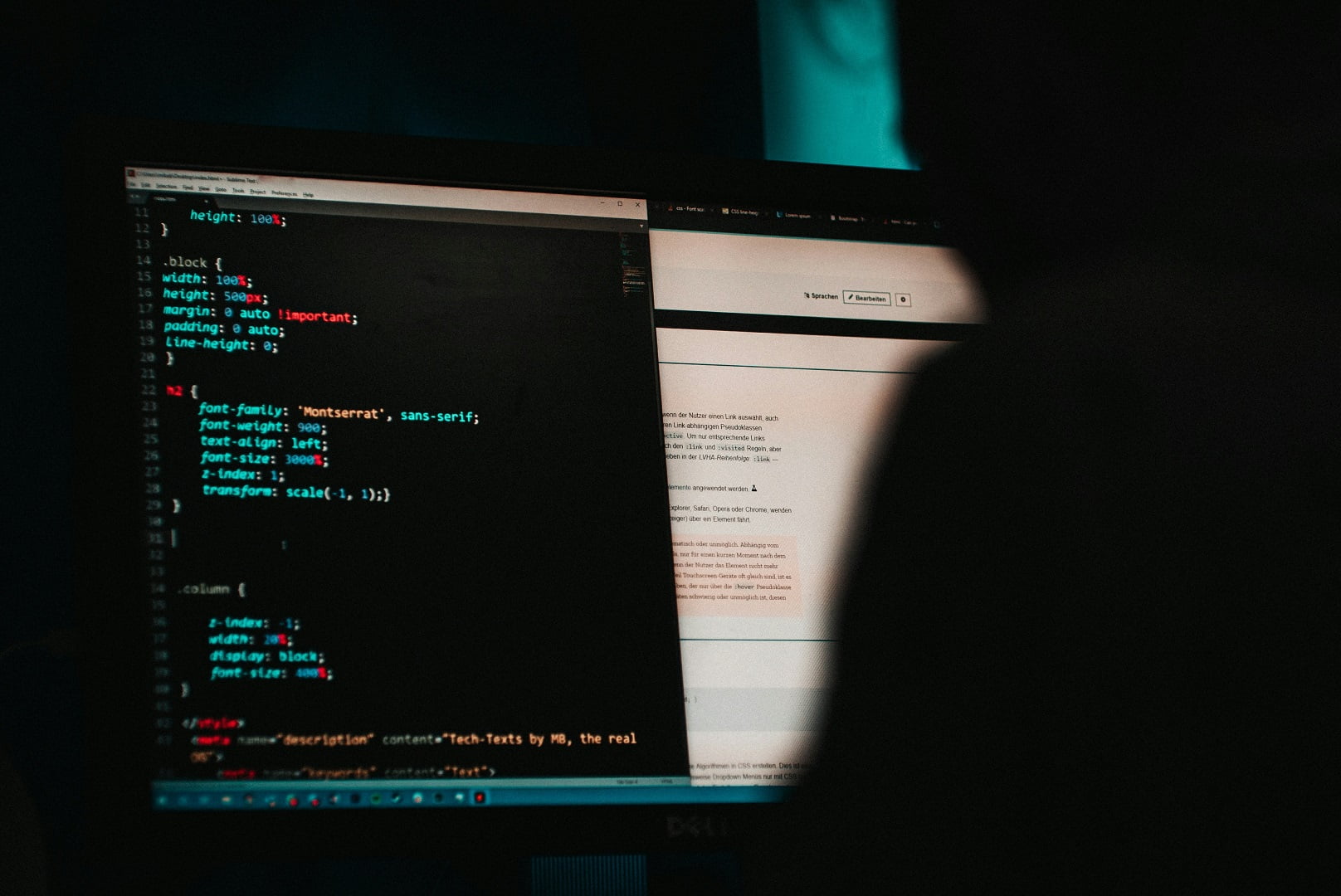Leaked documents on a public website reveal China’s hiring of private hackers to acquire sensitive information from foreign entities. The documents, posted online recently, detail how the Chinese government collaborates with private hackers, particularly those from a security firm called I-Soon, which is part of a network assisting Beijing.
These leaks expose the Chinese Ministry of Public Security’s growing use of contractors to target government and private sector entities in Asia as part of a cyberespionage campaign. The revelation may raise concerns among US leaders who have warned against such attacks.
I-Soon’s targets included telecommunications firms, online gambling companies, and local governments across Asia. The hackers accessed private information such as records from a Vietnamese airline, personal details from platforms like Telegram and Facebook, and the private website of traffic police in Vietnam. The leak also reveals internal discussions at I-Soon, highlighting its efforts to market services to the government.
I-Soon charged the Chinese government varying amounts, from $15,000 for access to the traffic police website in Vietnam to $278,000 for personal information from social media sites. These leaks, posted on GitHub, a platform for sharing code, are believed to be authentic by cybersecurity experts.
While these materials do not involve American entities, they provide insight into how China’s Ministry of State Security relies on private companies for espionage operations. The US has accused China of cyberattacks against American entities for years, with Silicon Valley investors becoming more cautious about investing in Chinese startups as a result.
Despite potential embarrassment, experts doubt China will cease such hacking activities due to the valuable information they yield. Instead, efforts may focus on preventing future leaks.

